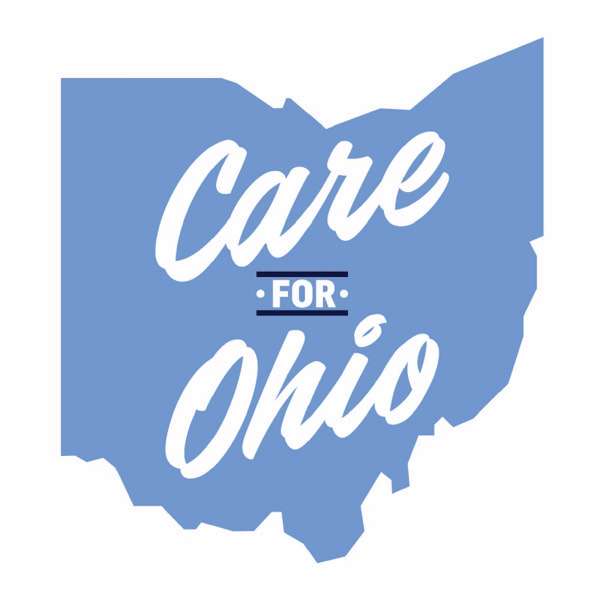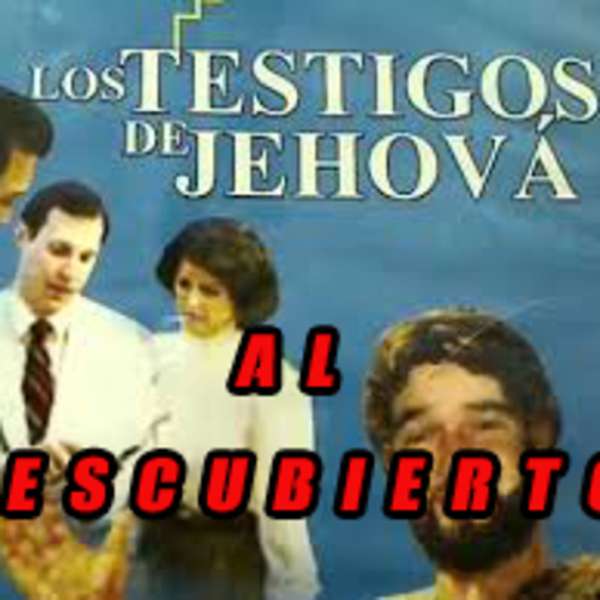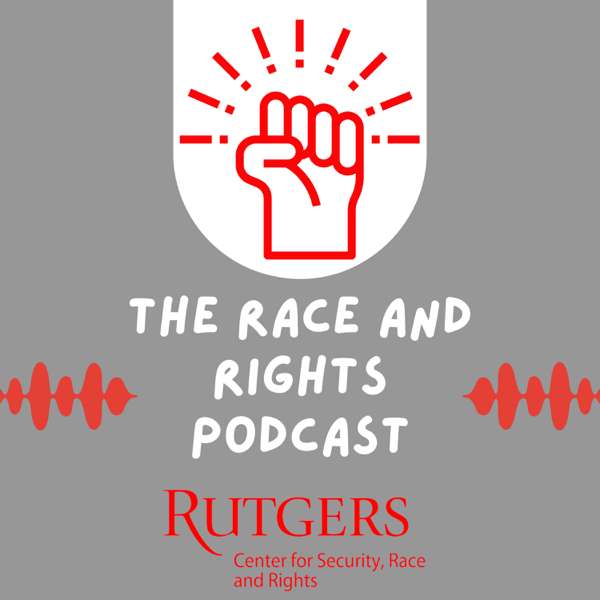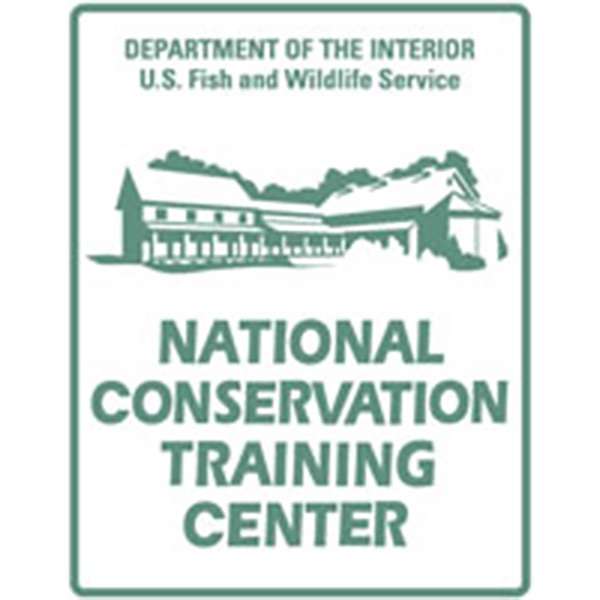What would happen if you removed politics from legislation?
What if policy could be discussed without mention of party?
What would our cities, states, and country look like if we worked together on creating laws instead of using laws and public policy as verbal ammunition in a war to win our votes?
This is Freelance Legislator, and I’m your host, Nick Galieti.
The Declaration of Independence states, “We hold these truths to be self-evident, that all men are created equal, that they are endowed by their Creator with certain unalienable Rights, that among these are Life, Liberty and the pursuit of Happiness.–That to secure these rights, Governments are instituted among Men, deriving their just powers from the consent of the governed,–That whenever any Form of Government becomes destructive of these ends, it is the Right of the People to alter or to abolish it, and to institute new Government, laying its foundation on such principles and organizing its powers in such form, as to them shall seem most likely to effect their Safety and Happiness.“
How do these words resonate with the current state of our country or the actions of our various levels of government? Do you feel that the government’s power comes from a consent of the governed? Or do you feel that the government, more often than not, acts upon its citizens, and treats your freedom as some to control rather than protect?
America was first established by the people, for the people, and of the people. As was stated by Ezra Taft Benson who was secretary of agriculture under President Dwight D. Eisenhower, “This means, then, that the proper function of government is limited only to those spheres of activity within which the individual citizen has the right to act. By deriving its just powers from the governed, government becomes primarily a mechanism for defense against bodily harm, theft and involuntary servitude. It cannot claim the power to redistribute the wealth or force reluctant citizens to perform acts of charity against their will. Government is created by man. No man possesses such power to delegate. The creature cannot exceed the creator.”
In a day where government is seen as a transactional service provider for everything from Food, to funding subsidies for billion dollar industries, would it seem that crazy to assert that American Citizens have an unhealthy relationship with their government? Could it be that as citizens, we have become addicted to government?
An old fable reads:
The forest was shrinking, but the trees kept voting for the axe. For the axe was clever and convinced the trees that because his handle was wood he was one of them.
The 2020 Presidential Election was scary, exciting, and contentious. But it also provided a microscope by which we are able to expose the many different infections in our collective thinking–infections that are slowly killing the ideals upon which this great country was founded. I, like many of you, have wondered what a private citizen can to do reduce if not eliminate the bickering, the blame game, the sheer volume of political punditry that pollutes our media and therefore the minds of so many into voting for this “axe” or that “axe.” I want to be involved beyond commenting on social media or yelling at the news about how dumb “the other” party’s politicians are.
“Why don’t you run for office?” Some may say. I have thought about it, and was even ready to hit “send” on my official paperwork to declare candidacy. But, in some ways, running for office is playing the political game. You have to play the game even if you want to change the game. It’s hard to run for office and not get the mud of the system all over you. For another analogy, it doesn’t interest me to go play in their sandbox just to have them throw sand in my eyes and call me stupid. So, I decided, I will build my own sandbox.
I am a realist in that I want to make a change, but I see that the machine of politics is designed to chew up and spit out principled leadership. There is an insulation that protects the politicians from the heat of the voters, or the chill of accountability that has cost the tax paying citizens so much that we as a nation are $27 trillion dollars in debt and growing. Decades of failures to govern in wisdom have created a problem so large that no rational mind can endorse the debt’s continued increase.
One day, the idea came to me. I have been a podcaster for years now, and while I wouldn’t consider myself the best candidate for office, I have a love and passion for what government can and should be. Rather than spin my wheels campaigning with a low chance of getting elected, why not do what I can and use the voice I know how to use to be and influence for good in the world.
This environment is where Freelance Legislator was born. Freelance Legislator is to be more than talk, this is to be action towards a greater good. With our episodes we will learn about the principles that should govern our laws and our leaders. But the greatest focus will be the creation of bills, of laws waiting to be enacted in your various cities, counties or parishes, your states, and maybe even at the Federal level.
On this show we will produce several short series or seasons where each series will bring forward an idea for a law, then develop that idea into a law worth passing. Guests on our show, as well as you the audience, will have a chance to have your voice heard. We will shape the law together by tossing it around like stone in a river of ideas being honed and polished though the dictates of natural law. In the end we hope to present to the world legislation or policy that has input from constituents (not lobbyists), and will protect the rights of citizens, not increase our dependence on this growing, menacing creature of government we have today. Our website will house a growing database of vetted legislation free for the taking.
Freelance Legislator is a movement. I want us all to be educated as citizens on how to read laws, how to write laws, and even how to get laws passed, without having to run for office. I don’t want a country of whiny citizens, I want a country full of well reasoned thinkers that value life, liberty, and the pursuit of happiness.
While I am a self-appointed freelance legislator, you can be too! Each one of us has the power to create and pass legislation with the help of our elected officials. We SHOULD BE freelance legislators. We will use the Constitution, the Declaration of Independence, and other founding documents as guides. We will also draw upon experts in appropriate areas to come to reasoned understanding of the issues. And in order to do that, there are a couple of rules to help guide this process:
Rule #1 – We talk policy not party. Guests on this show will refrain from arguments that are based on, infused with, or rely on ad hominem attacks or appraisal of a position based on which politicians support or forward a particular policy. There will be no “Trump said this” or “Biden did that.” Our views on who is currently in office or who did what in the past is not productive and leads to anger, discord, and partisanship. Such discordance is how we have arrived in our current state; divided and losing sight of our potential to be a nation of liberty.
Rule #2 – We are all learning. This show is one part educational and one part policy development. We will have crucial conversations that will involve coming to understand one another, not be combative with each other. We will learn from experts in law, governance, and public policy so we can learn more about what it really means to run a city, state, or country. In the end, we will all make mistakes, we will change or hone positions from time to time because there is much to learn that we are never taught in traditional schools. Learning what government is, does not teach us how government should run. Learning these things takes time, experience and patience. As Franklyn D Rosevelt said, “Democracy cannot succeed unless those who express their choice are prepared to choose wisely. The real safeguard of democracy, therefore, is education.” While the principle at the heart of this statement is true; Ironically, this country is a Constitutional republic, not a Democracy, thus further emphasizing the value of education with a little bit of irony.
Point being, let’s go beyond the rhetoric of pundits, and let’s be wise, not excitable. So let’s learn together in this great experiment we call The United States of America.
Lastly, rule #3 – Be genuine, but let’s have fun. This process should be engaging, and even at times funny. “Virtue signaling” and “being offended” are useless weapons of rhetoric that do nothing to bring harmony or improve the world. I believe in right and wrong, but I don’t believe that morals require our outrage to survive.
One last “rule”, we’ll, more of a guideline really. I want to introduce a saying to the world that says volumes in a tongue and cheek sort of way. It’s quite simple and easy to remember, it goes: Sometimes grandpas die. That’s it, “sometimes grandpas die.” While that seems random, that’s the point. We may put forth the best of intentions into law, sometimes things just happen that are out of our control. While there is a temptation to try and manage all contingencies and feel like we have the power to control all the variables that we may envision or encounter, despite our best thinking and effort, sometimes grandpas die. This is meant to serve as a reminder that we can sometimes get bogged down, even in writing or commenting and refining legislation, with the “what if’s” or the notion that there is perfection in law or our legal system. The reason the system can endure is its ability to recognize its own flaws and to make improvements.
Where do we go from here?
Before proceeding it is important that we all take our oath. While we can’t really enforce this oath, I hope you find value in the experience all the same. I propose that the oath you take as an audience be similar to the one that legislators take when they accept elected office. But this time, recognize that you are saying it that to your neighbors, your family, your friends rather to constituents.
I propose the following text for the oath:
“I do solemnly swear (or affirm) that I will support the Constitution of the United States. That I will honor each individual’s right to life, liberty, and the pursuit of happiness. I will respect both the limits and freedoms this commitment implies for both the actions of government as well as my actions as a citizen.”
I will repeat it now with you following along should you choose.
“I do solemnly swear (or affirm) that I will support the Constitution of the United States. That I will honor each individual’s right to life, liberty, and the pursuit of happiness. I will respect both the limits and freedoms this commitment implies for both the actions of government as well as my actions as a citizen.”
Thank you.
Following this introductory episode are pre-requisites for our audience to more fully engage in what we hope to accomplish. First, we have a class on “How to read a law.” While that may sound sort of elementary, it is not. Legislation is not like reading a news or blog article. There is a skill to understanding not only the language that is used, but also the format in which the bills are crafted, as well as what that language may imply. This episode will give you the skills you need to learn how to read a law, patiently, and with wisdom and order.
The next episode is how to write a law. This will build on what we learned in the how to read a law episode, but will turn that into something actionable and practical. Each city, state, and governing body will likely have some unique elements to how their laws are crafted. But the principles we will teach you can be applied just about anywhere or in any jurisdiction. Feel free to become familiar with those differences when preparing legislation for your area.
We will share stories of people who have been a part of the legislative process from a non-elected point of view. These are real people that share their experiences, both successes and failures along the way.
After these three introductory episodes set the foundation for our work, we will introduce our first proposed law to the audience. The text for these laws will be contained and worked over through our website FreelanceLegislator.com Here you can read the text, comment on parts, even offer suggested word changes. This is not social media. Comments like “this is stupid,” or, “you’re an idiot” will be deleted. While you may have the right to express those sentiments, you don’t have the right to express them everywhere and whenever you want. That being said, we will moderate away idiotic comments, while respecting the free flow of constructive ideas and discussion. Our website is our virtual private property, please respect that. For those of you that see moderation of comments as a restriction of your first amendment rights….just keep listening to Freelance Legislator “we will learn you yet.”
When it’s all said and done, if you like the bill that we create, we encourage you to bring it to your local leaders or governing legislators. We hope you go to them with pre-vetted work that will get the process started with local legislative and legal staff to make it work within local laws and codes.
Freelance Legislator is the people’s think tank, but that system requires someone outside of the system to administer it, if it is to remain a healthy and unpolluted resource. Hence the name Freelance Legislator.
Thank you for listening, and thank you for caring about our country, our states, and our cities enough to jump on board and take this ride with us. I don’t have all the answers, but I want as many answers as I can get to the questions of how govern better. I promise to bring you some of the best thinkers on these subjects, as well as compelling interviews that will help us all think a little more, and a little better when it comes to matters of politics and legislation. Please reach out to us with your ideas and thoughts, and don’t forget to give us a review on your favorite podcasting platform. Want to be a part of this show? Visit FreelanceLegislator.com and look for our “I have something to say” button. This will allow you to send us a virtual voicemail. If we find what you have to say to be worth sharing, we will put it on the show and include it where appropriate. Thanks for listening! I am Nick Galieti, and this is Freelance Legislator.

 Our TOPPODCAST Picks
Our TOPPODCAST Picks  Stay Connected
Stay Connected












